Though seemingly insignificant, weights are an important component of a dive setup that should not be overlooked.
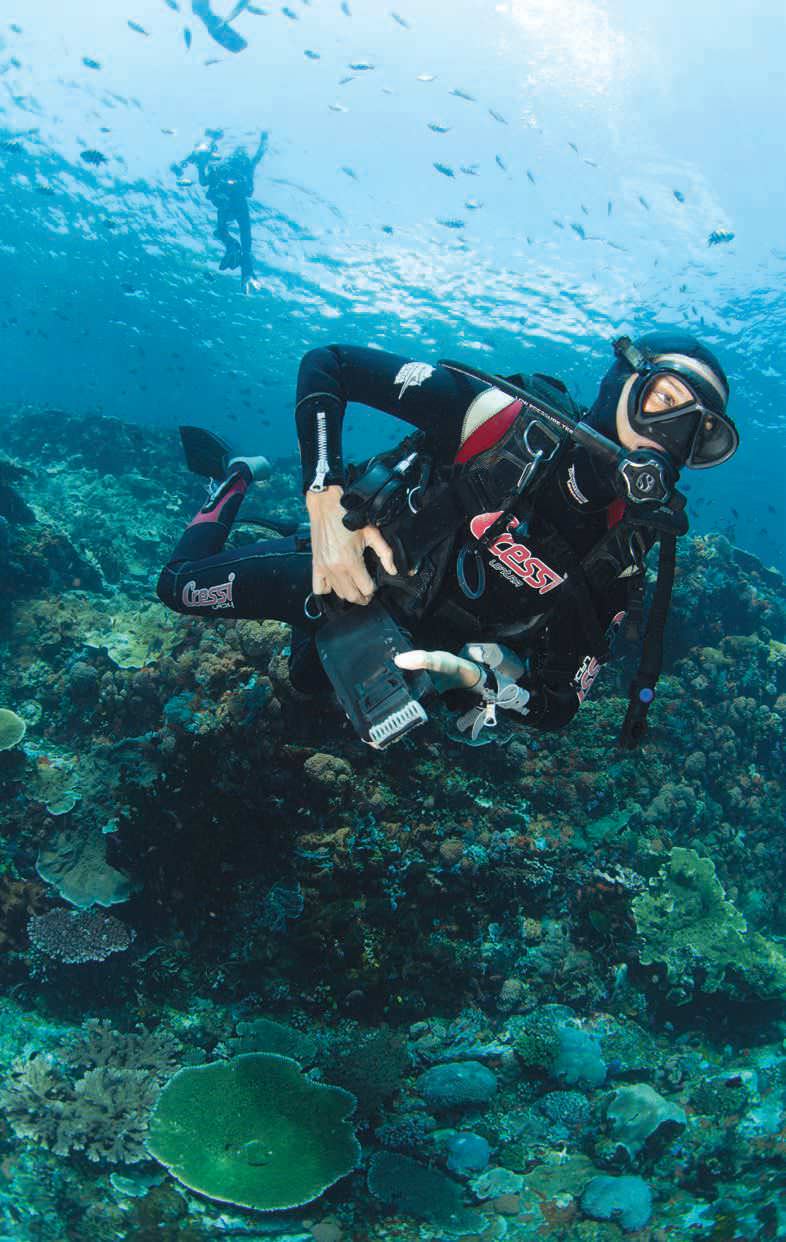
Early in dive training, students learn that there are three elements involved in buoyancy control: the buoyancy compensator (BC), weights and lung volume. Although most divers are familiar with the need to be properly weighted, many do not understand all that it entails. Students and experienced divers alike make two common errors when it comes to weighting: diving while overweighted and failing to adjust the amount of weight used in response to changes in equipment and environment.
DON’T WORK TOO HARD
Improper weighting makes it harder to achieve neutral buoyancy. Many divers who wear too much weight do not even realise they are overweighted. The excess weight means that to achieve neutral buoyancy, the diver has to put more air into the BC bladders, which can create a more upright profile in the water. The upright position increases drag when swimming, causing the diver to expend more effort and consume more air. Underweighted divers can also become significantly fatigued while trying to stay down. In addition to increasing breathing-gas consumption, extra exertion can elevate decompression stress.
GET IT RIGHT
You may have heard a diver say, “This is how much weight I always use.” While field testing and prior experience can be useful, this statement shouldn’t be the endpoint of a dialogue about weighting. Proper weighting requires thought and practice, and the amount of weight worn is not fixed. Over the course of our lives, we experience change in muscle mass, body fat and physical fitness. Equipment, including wetsuits, wears out and gets replaced. Dive environments differ. All these factors affect buoyancy and require adjustments to the amount of weight used.
Diese Geschichte stammt aus der Issue 02 - 2018-Ausgabe von Asian Diver.
Starten Sie Ihre 7-tägige kostenlose Testversion von Magzter GOLD, um auf Tausende kuratierte Premium-Storys sowie über 8.000 Zeitschriften und Zeitungen zuzugreifen.
Bereits Abonnent ? Anmelden
Diese Geschichte stammt aus der Issue 02 - 2018-Ausgabe von Asian Diver.
Starten Sie Ihre 7-tägige kostenlose Testversion von Magzter GOLD, um auf Tausende kuratierte Premium-Storys sowie über 8.000 Zeitschriften und Zeitungen zuzugreifen.
Bereits Abonnent? Anmelden
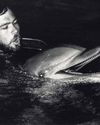
The Sea Specialist: An Interview With Bret Gilliam
Most people learn to crawl before they walk, but there is a man who learned to swim before taking his first steps. Diver, entrepreneur, writer, athlete, maritime specialist – Bret Gilliam is the complete package. Just add water.
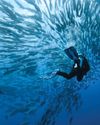
The Best Of Diving In Southeast Asia: Explore The Amazon Of The Seas
Southeast Asia encompasses the world’s most biodiverse reefs and some of the best diving anywhere on the planet. From the tiniest and rarest critters to huge fish schools and the biggest pelagics, the region has it all, and there’s something to suit divers of any level.
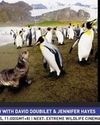
Below With David Doubilet & Jennifer Hayes
Best known for their work with National Geographic, David Doubilet and Jennifer Hayes came together to discuss their work with the youth, and, as Jennifer put it, “submerging with the emerging talent”.
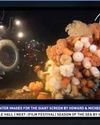
Underwater Images For The Giant Screen
Howard and Michele Hall are best known for their success in underwater IMAX filmmaking.
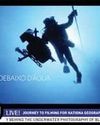
Journey To Filming For National Geographic Wild Brazil
Cristian is an acclaimed and highly versatile Brazilian wildlife filmmaker who works both underwater and topside.
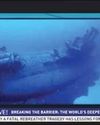
Breaking The Barrier: The World's Deepest Dive
David Strike shared a brilliant presentation about the history of deep diving and how Lt. George Wookey achieved the world’s deepest dive in 1956 using a surface-supplied rebreather.
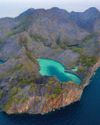
Dive the Golden Land
The Best of Diving In Southeast Asia

OFFICIAL LAUNCH OF BLUE HOPE
Top Session of the Week (14,319 (Views) / 42,831 (Reach)
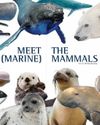
MEET THE (MARINE) MAMMALS
MEET THE (MARINE) MAMMALS

Fashion Faux Pas
What can be done to mitigate the impact of the garment industry on our oceans?